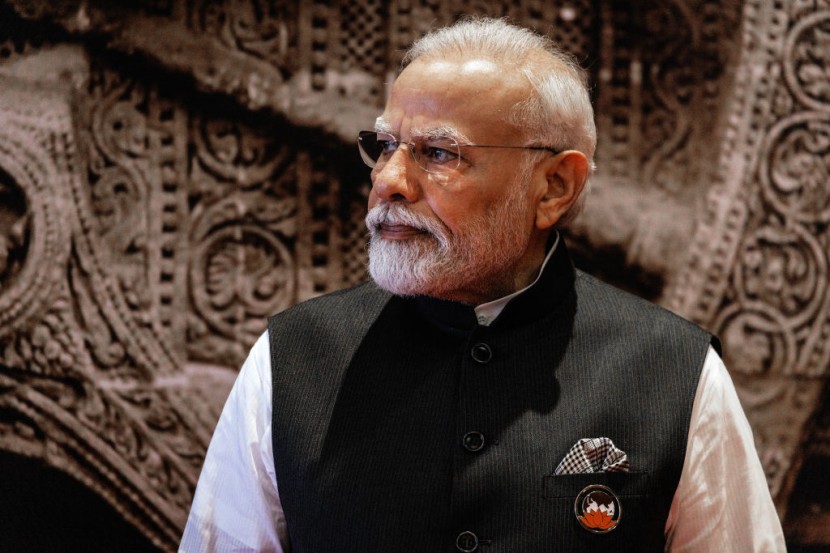India's Supreme Court issued a ban on controversial anonymous election donations, dealing a major blow to Prime Minister Narendra Modi's ruling Bharatiya Janata Party (BJP).
The Thursday development strikes down a contentious fund-raising mechanism that allowed individuals and corporations to make political donations while staying anonymous. It was a system that was widely seen as an advantage to Modi's ruling party.

While the high court's judgment comes a few months before the country's next general election, it is probably too late to affect the race's outcome. Activists, however, argued that it could bring more accountability to campaign finance down the road.
The ruling on "electoral bonds," as the fund-raising instruments are known, comes six years after the prime minister's government introduced them. Political analysts argued that Modi's ruling BJP raised immense sums of funds during that period, both from electoral bonds and other means.
They added that the money was then used to trounce the ruling party's rivals in elections and drown out opposition voices more generally. The government-owned State Bank of India, under the contested fund-raising system, issued paper bonds that could be purchased in exchange for donations to a political party of the donor's choice, as per the New York Times.
The paper bonds range from just $12 to more than $120,000, with no limit on the number of bonds that a donor is allowed to purchase. While the purchases were anonymous in the sense of not being publicly reported, every buyer's identity has been known to the State Bank of India, which is run by the federal government.
A leader from the ruling party, Ravi Shankar Prasad, responded to the Supreme Court's ruling by saying that the decision was undertaken with a laudable objective to bring transparency to the electoral system. He added that the BJP will give a proper response after studying the whole judgment.
Read Also : Indian City Faces Chaos as Hundreds Get Injured Amid Conflict Over Demolition of Madrasa
Major Blow to Narendra Modi's Ruling Party
The judges wrote in their 232-page ruling that they wondered how elected representatives could be held accountable to the electorate if "companies, which bring with them huge finances and engage in quid pro quo arrangements with parties, are permitted to contribute unlimited amounts."
Members of the opposition as well as a civil society group also challenged the electoral bonds system on the grounds that it hindered the public's right to know who had given money to political parties, according to Reuters.
The Association for Democratic Reforms (ADR) found that individuals and companies bought $1.99 billion of electoral bonds in total up to November last year. The ADR is a non-government civil society group that works on election funding in India and has been a petitioner challenging the system.
India's elections have become the most expensive in the world, surpassing the United States' pricey contests in some cases. This is particularly true in 2019 when the South Asian country's national election cost an estimated $7.2 billion.
The Supreme Court's ruling brings opaque campaign financing to the forefront of the nation's political discussions. The judges' decision prompted praise from all national parties, except for Modi's ruling BJP, said the Washington Post.
© 2026 HNGN, All rights reserved. Do not reproduce without permission.








